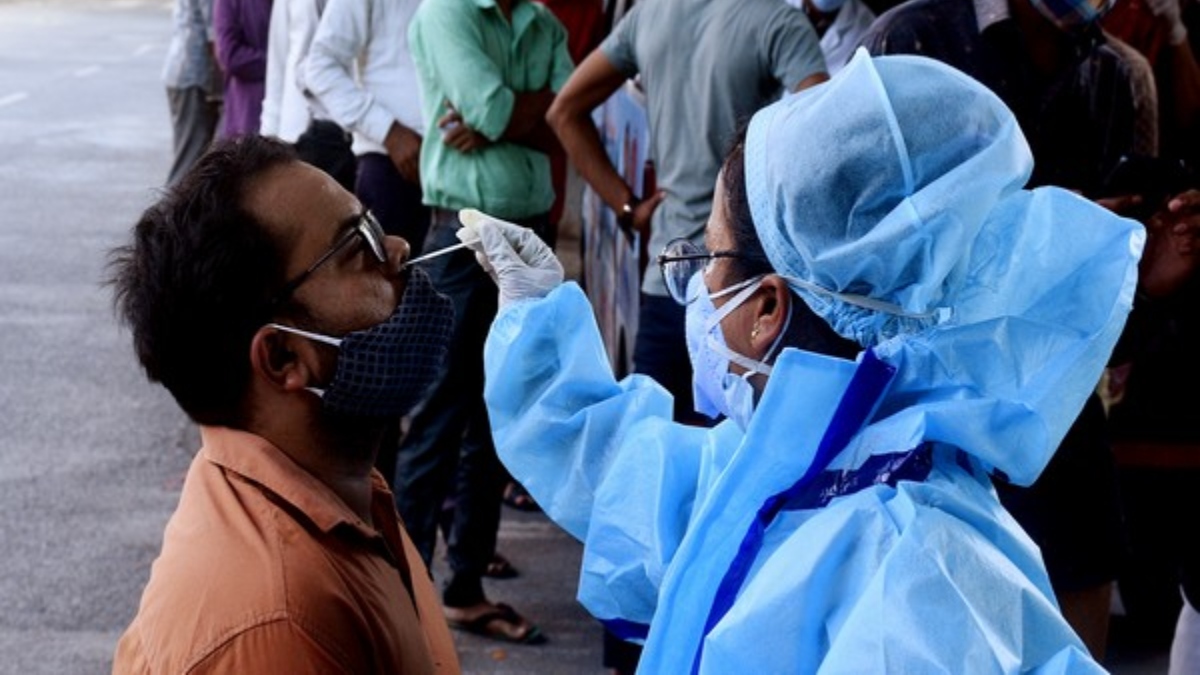As COVID cases show an upward trend in multiple states, reaching 3742 active patients on Sunday, concerns mount with the highest reported cases in Kerala, where a new variant, JN.1, has emerged.
In the ongoing battle against the evolving coronavirus, Dr Sameer Bhati, a public health expert and director of Star Imaging and Path Lab, sheds light on its changing dynamics.
Despite a relatively lower number of tests in Delhi, cases are closely monitored and genome sequencing is done to identify any emerging variants.
Dr Bhati explains that while the RTPCR test is employed for COVID detection, genome sequencing is done to identify new variants.
Also Read: Sanjay Singh Breaks Silence After WFI Suspension, Here’s What He Said
Samples from infected individuals are sent for testing, revealing the specific variant as the virus undergoes frequent transformations. Notably, symptoms remain consistent with cough, cold, fever, and sore throat, the public health expert described.
He said that presently, COVID testing encompasses three methods: home testing with kits, rapid antigen tests providing quick results, and RTPCR tests for comprehensive analysis.
Dr Bhati noted that most individuals are opting for home testing or seeking hospital tests upon displaying symptoms. Positive cases are subsequently directed for genome sequencing to unveil any potential new
Besides COVID, Dr Bhati mentions an uptick in testing for seasonal flu, although its prevalence is relatively low in the capital. The surge in COVID cases is particularly notable in states with higher travel rates, such as Kerala, Tamil Nadu, and Maharashtra.
Dr Bhati anticipates the possibility of a surge in COVID cases in Delhi and NCR in the coming days.
Also Read: Rashtrapati Bhavan To Host Special Screening Of SRK Starrer ‘Dunki’ Today
In response to a potential increase in cases, Dr Bhati underscores the importance of providing information about positive cases to ICMR, triggering genome sequencing in select instances.
Source: ANI













